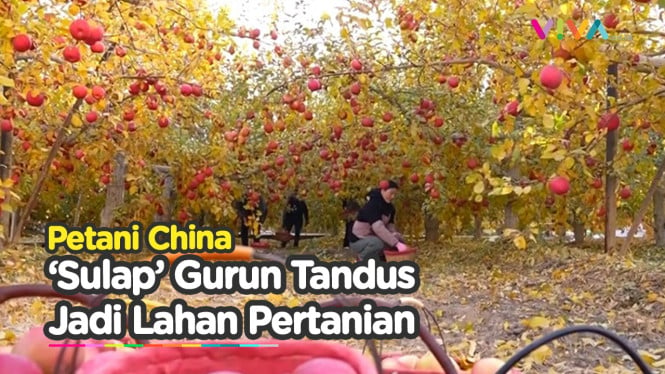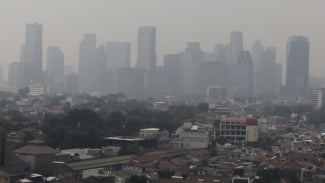Dust and Waste Can Cause Asthma and Lungs Disease
- Freepik/freepik
VIVA – Dust from waste materials may contain various metal, wood, plastic, and chemical pollutants. Microorganisms can grow rapidly on organic waste such as vegetation and food waste, and become airborne or referred to as bio-aerosols when waste is collected, handled, and especially when composted.
Dust and smoke can cause air pollution. As reported by WHO.int, air pollution is one of the greatest environmental risks to health. By reducing air pollution levels, countries can reduce the burden of disease from stroke, heart disease, lung cancer, and both chronic and acute respiratory diseases, including asthma.
The lower the levels of air pollution, the better the cardiovascular and respiratory health of the population will be, both long- and short-term.
Therefore, dust and smoke can trigger high air pollution so that many people will be exposed to ruin health and give some dangerous diseases.
The main prevention that can be done by reduced the cigarettes smoke or stay away from smoke that comes from factory waste.
The founder and managing director of Waste4Change Indonesia, Mohamad Bijaksana Junerosano said the latest study conducted by the company showed that in 2019, Indonesia produced around 175,000 tons of waste every day or about 14 percent or 24.500 tons of plastic per day. Around 81 percent of waste in Indonesia is also not segregated.
In addition, refillable packaging and various types of soft plastic will be thrown away and become waste because they cannot be recycled, unlike bottles and hard plastic waste which are easier to recycle.
In an effort to achieve the big goal, namely the prevention of the amount of waste consumed. So, the Novo Nordisk Indonesia Company carried out various activities.
Including switching product delivery methods, from air freight to ocean freight and launching an internal campaign: “Plastic Fantastic: Turning Your Plastic Waste into Something Fantastic,” which encourages employees to reduce their use of plastic.
For example, Novo Nordisk realized that shipping products generates a lot of CO2 waste so Novo Nordisk decided to switch to shipping by sea.
"Air shipping is a major driver of environmental pollution as it produces 75 percent of the total CO2 emissions in product distribution. By switching to shipping methods by sea, Novo Nordisk Indonesia contributes to reducing the company's carbon footprint and is thus one step ahead in achieving zero environmental impact, " said Rasmus Hansen as Finance & Operations Director of Novo Nordisk Indonesia.
In addition, the company also hold a “Plastic Funtastic” campaign which is part of Novo Nordisk's TakeAction activities and is a voluntary program involving Novo Nordisk's global employees to drive changes in the health, social and environmental fields.
Therefore, Novo Nordisk has joined the UN Sustainable Development Goals, the Carbon Disclosure Project or CDP, a non-profit organization.
"This will help investors, businesses, cities, governments and regions monitor and manage environmental impacts), RE100 (a global organization that brings together businesses around the world and is committed to implementing 100 percent renewable electricity)." he said.
"And CE100 (a global platform for bringing together leading companies, innovators and regions to accelerate the transition to a circular economy)," he added.

























